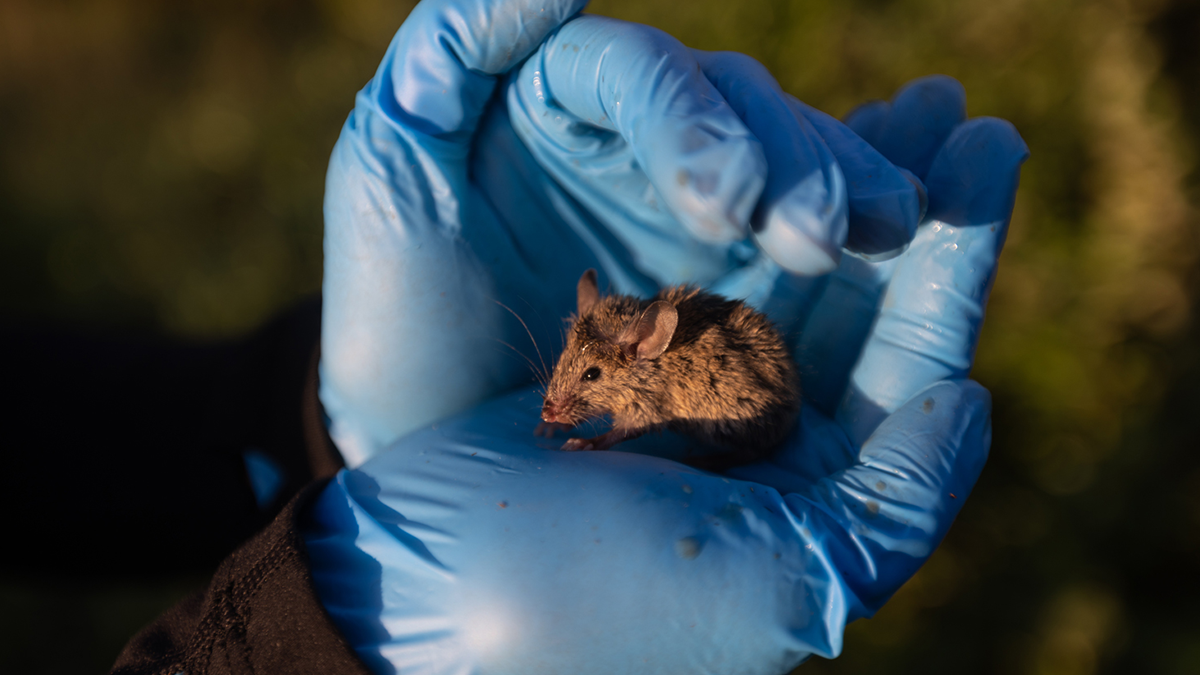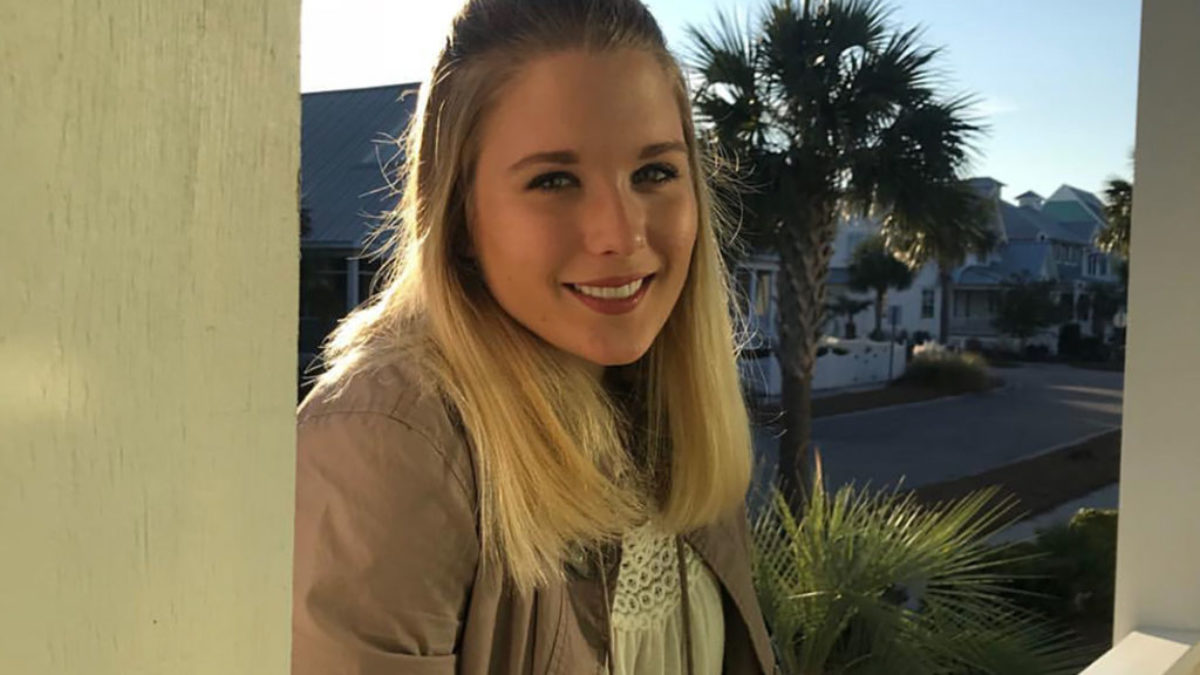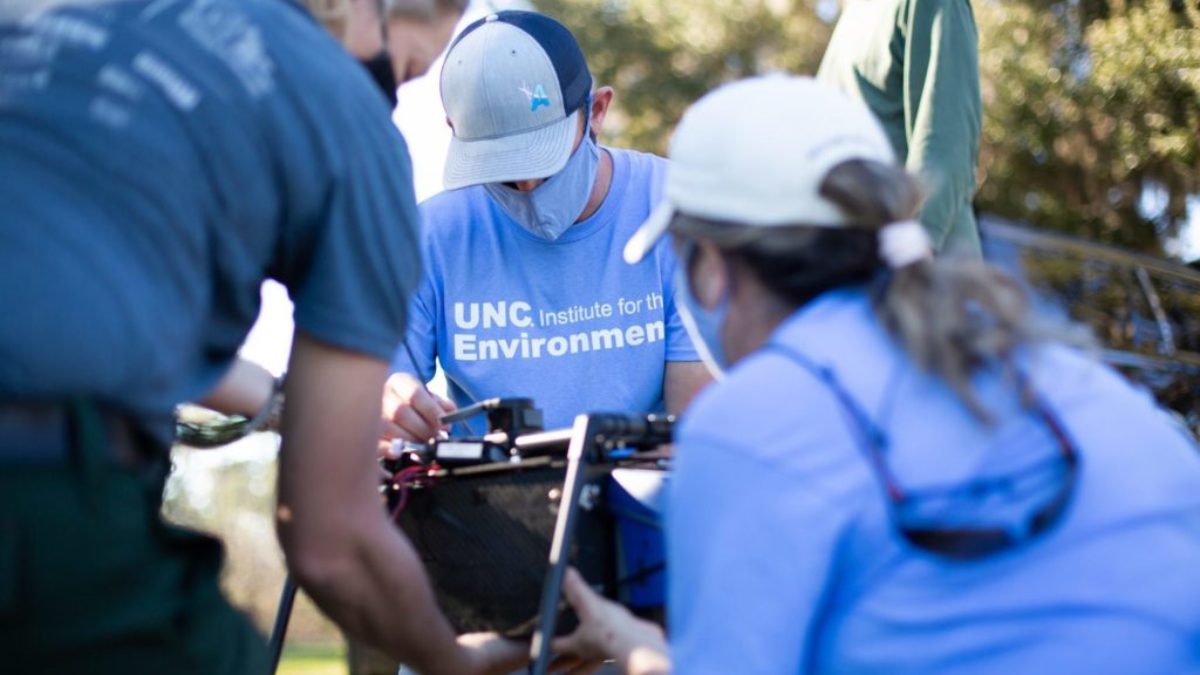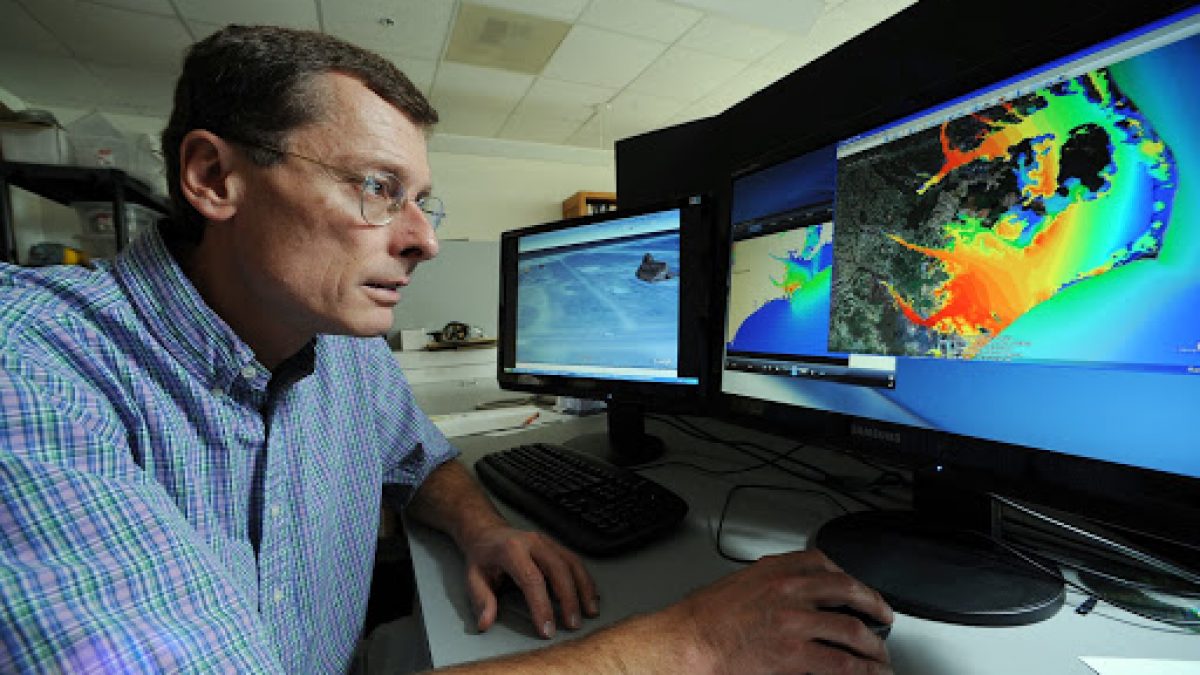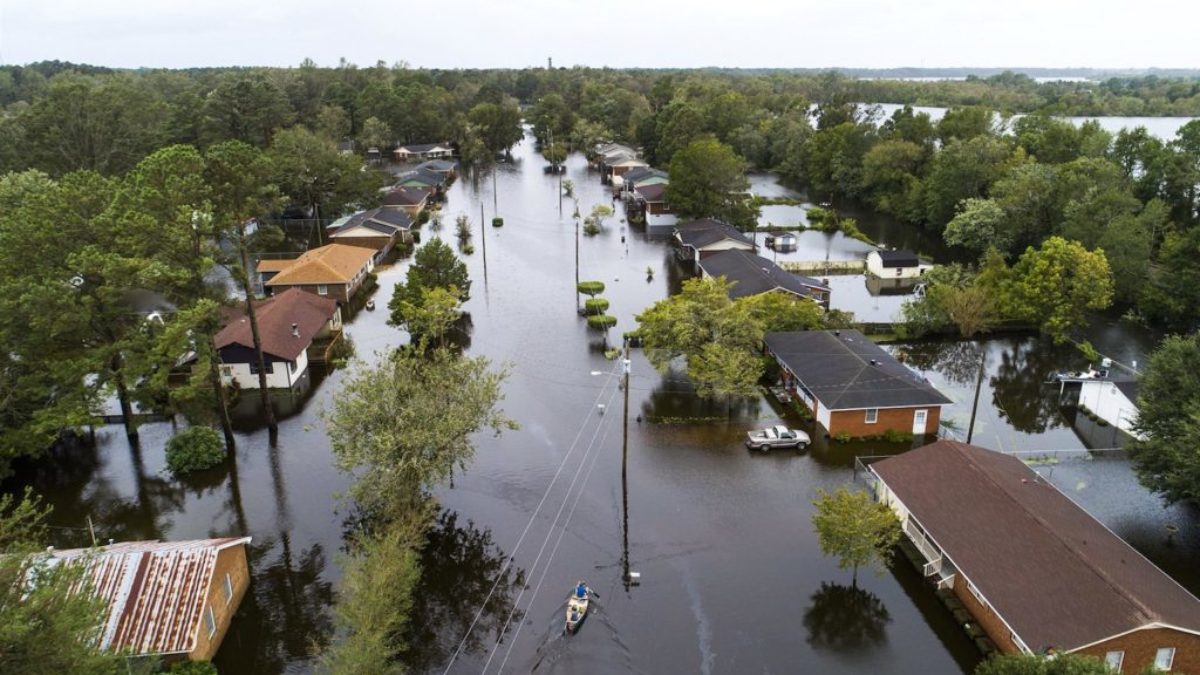Combining Disciplines
Using English and environmental public health for community resilience
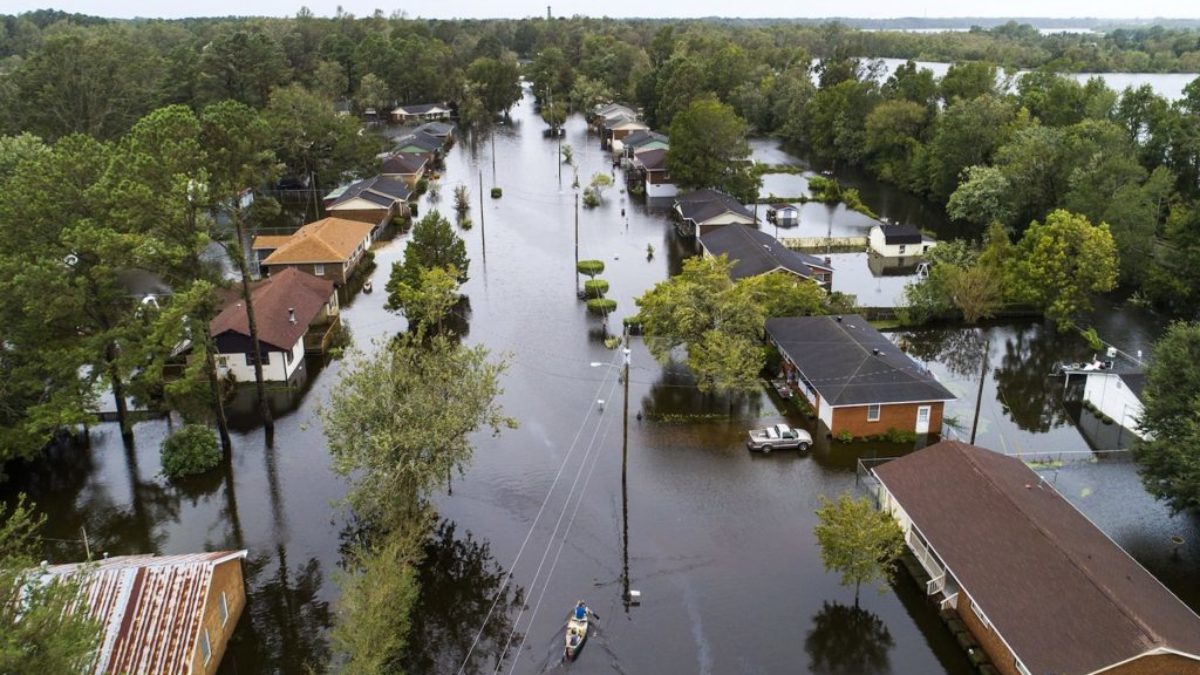
Using English and environmental public health for community resilience
Morehead-Cain Scholar Leticia Tuset ’22 has always been interested in English, but a unique program at Carolina brought out her love for the environment and public health, too.
Tuset participated in the Institute for the Environment’s IDEA (Increasing Diversity and Enhancing Academia) Program, a year-long STEM immersion program for underrepresented high school students. Her experiences through this program have stuck with her and led her to work as an intern at the Institute as a Carolina student.
Since Tuset is an English major, she brings a unique perspective and skillset to the Institute.
“Leticia has been an incredible addition to our team and has reinforced my belief in the value of interdisciplinary teams,” said Kathleen Gray, director of the Institute’s Center for Public Engagement with Science. “She has shared her deep knowledge of literature and film and her creative writing skills with the participants in our high school resilience project, and she brings fresh eyes and insights to our interview project.”
